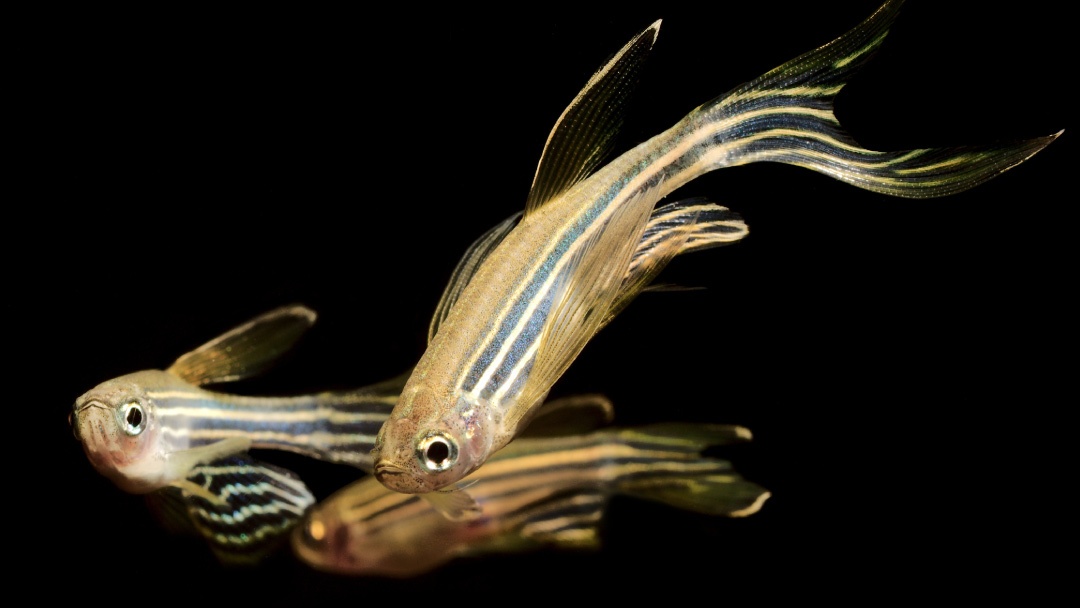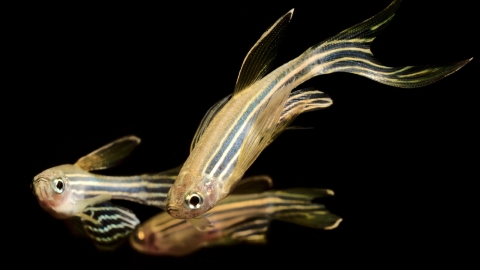
The gut microbiota plays a crucial role in many physiological processes, including metabolism, immune function, brain development, and defence against pathogens. While much of research in this field has traditionally focused on mammals, fish are rapidly emerging as valuable experimental models, thanks to their diversity, ease of maintenance, and functional similarities to humans.
Some of their most notable advantages include high reproductive rates, transparent embryos, ease of genetic manipulation, and reduced ethical and financial demands. Species such as zebrafish (Danio rerio), medaka (Oryzias latipes), and the African turquoise killifish (Nothobranchius furzeri) are already widely used in biomedical and toxicological research.
Studying the microbiomes on fish provides deeper insights into nutrient metabolism and immune regulation, strengthening their role as alternative models for functional studies. Moreover, the development of transgenic fish and the use of advanced genetic editing tools like CRISPR/Cas have enabled major breakthroughs in understanding human diseases-including neurodegenerative and endocrine disorders.
In aquaculture, this line of research is opening up promising opportunities to improve animal welfare and design more effective, functional feeds. A better understanding of host-microbiota interactions can enhance disease resistance, promote growth, and contribute to the sustainability of aquatic farming.
That said, before a species can be considered a suitable biological model, it is essential to have a thorough understanding of its biology. Aquaculture continues to play a key role in this regard by providing critical knowledge about the environmental, nutritional, and reproductive needs of each species.
It is therefore vital to broaden the use of fish in both biomedical and aquaculture research through an integrated approach-combining molecular biology, bioinformatics, and genetic engineering. In doing so, fish not only offer an ethical and efficient alternative to traditional models, but also stand out as a powerful tool in the biotechnology of the future.



